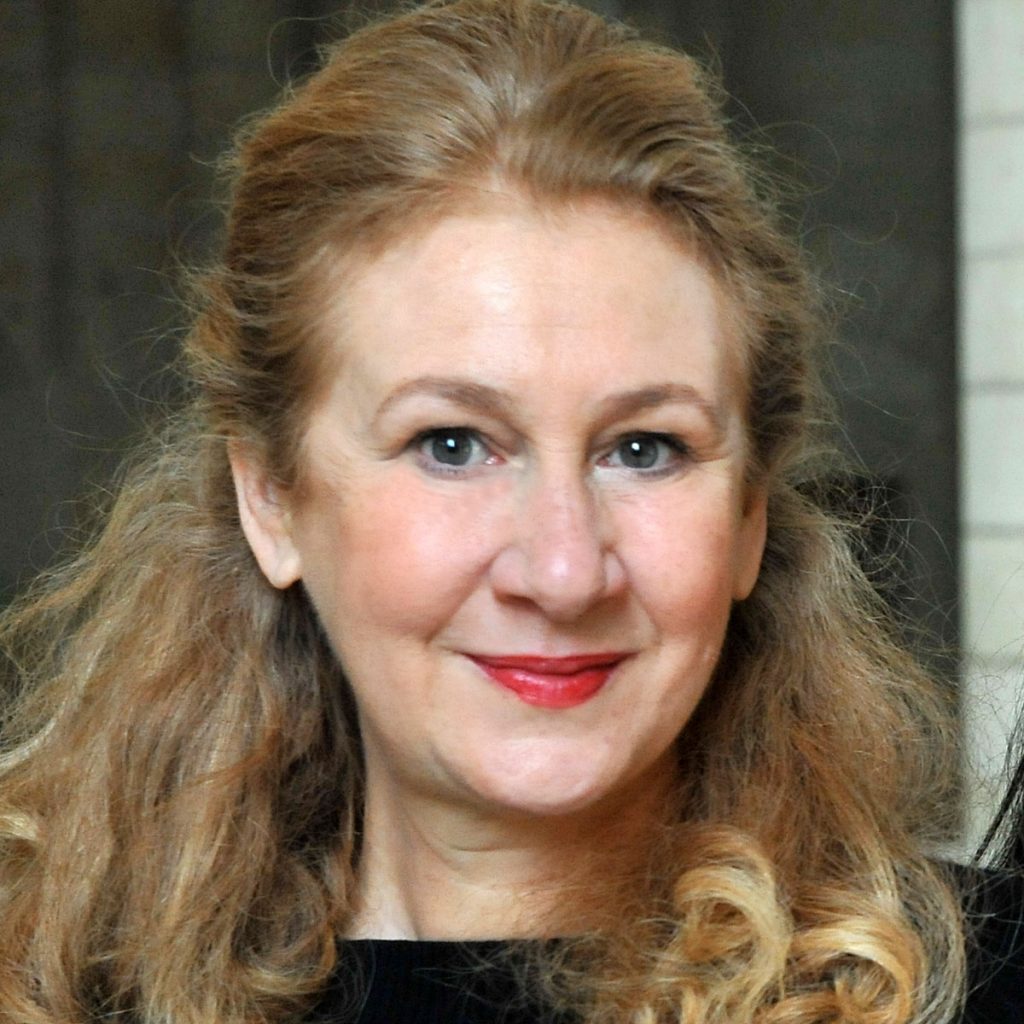
Laurence BRISSET
Artistic Director, mezzo-soprano
Laurence Brisset initially studied harpsichord with William Christie and Noëlle Spieth at the Lille Conservatory (CNR) before devoting herself to singing. She was unanimously awarded a Premier Prix in voice at the Versailles Conservatory (CNR) and was admitted to the postgraduate course in opera at the Conservatoire National Supérieur of Paris, studying with Xavier Depraz. She simultaneously studied early musical notation and took part in many concerts and recordings with the Organum (1983-2000) and Discantus (1989-1992) ensembles.
Her deep interest in the Middle Ages was shared by several friends and led them to found the De Caelis ensemble in 1998 with Brisset as artistic director.
She is a qualified teacher of vocal technique and divides her time between concerts and voice teaching. She also acts as a tutor for the Royaumont Foundation under the aegis of the Programme for Research and Interpretation of Mediaeval Music (PRIMM). Since 2005 she has given regular master classes in the music and culture of the Middle Ages at the Conservatoire Supérieur de Musique of Geneva.
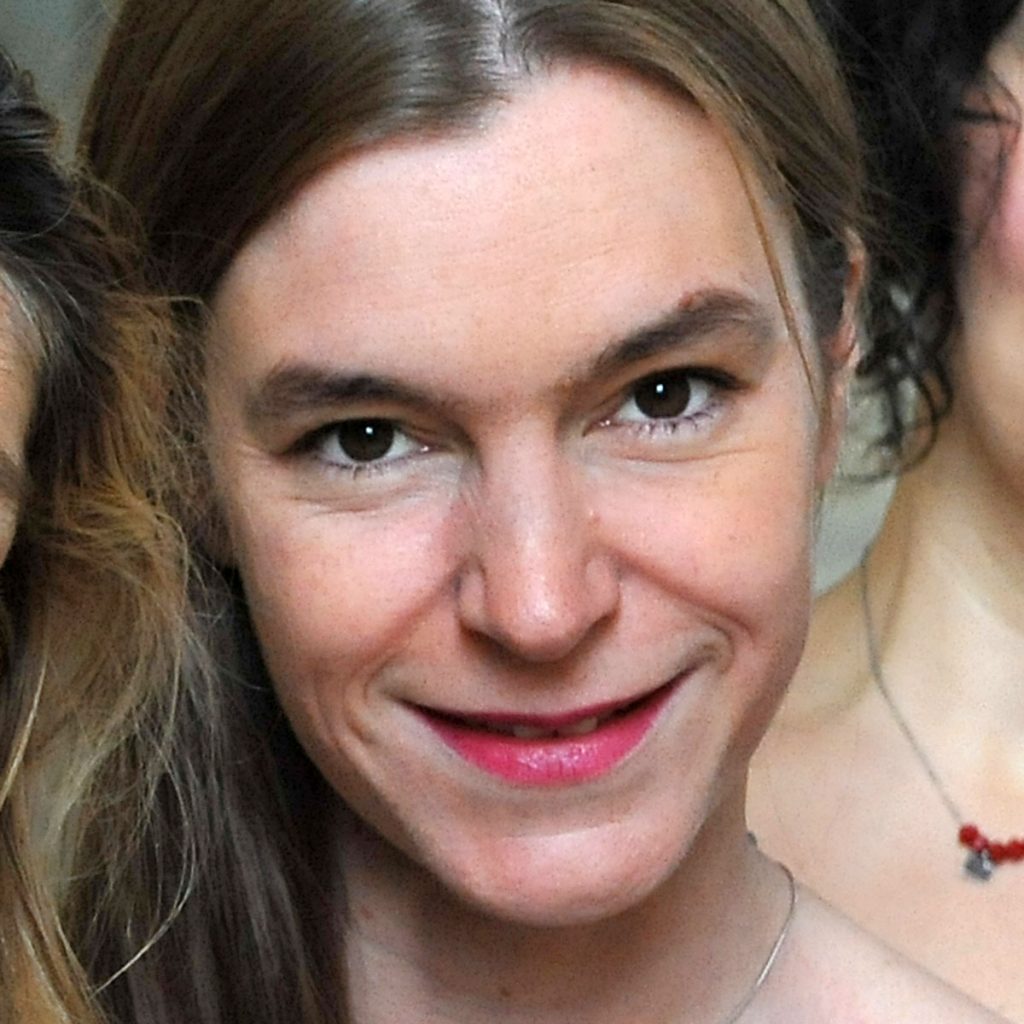
Eugénie DE MEY
Mezzo-soprano
Eugénie De Mey has been singing since she was a child. From Brussels to Paris, Liege, Lyon and Geneva, she studied singing, choir conducting and musicology. As a singer among diverse ensembles (Diabolus in Musica, De Caelis, Les Cris de Paris, Le Concert de l’HostelDieu, Les Voix de Stras’, Le Jardin des Délices, Le Choeur Britten, la Maîtrise de Notre Dame de Paris, etc.), she has also been a choir singer under William Christie, Marc Minkowski, John Nelson, Louis Langrée,… As a soloist, she performed the roles of Dido at the Theater of La Roche-sur-Yon, The Plaint in Purcell’s Fairy Queen in Le Lavoir Moderne, Paris, and also as a Grace in Belli’s Orfeo Dolente with Le Poème Harmonique.
Being a light mezzo soprano, she stands out with her original use of different registers of voices, and she enjoys singing some tenor parts with her chest voice as much as interpreting the very light lines of higherpitched or more lyrical voices, thereby adapting her vocal style according to the music.
Eugénie De Mey also works as a singing teacher and musical consultant, particularly with the choreographer Anne Teresa De Keersmaeker.
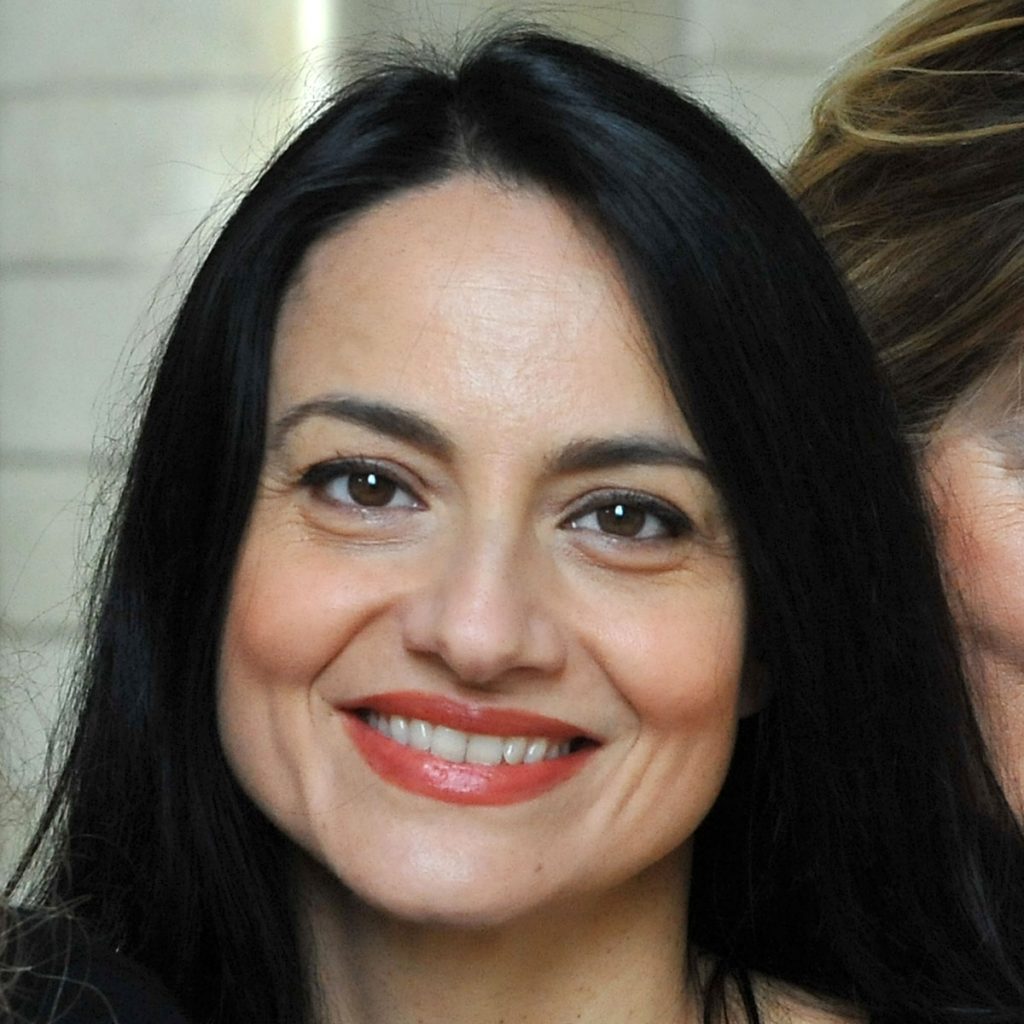
Estelle NADAU
Soprano
Estelle Nadau obtains her singing Premier Prix de la Ville de Paris as well as a Paris CNR Gold Medal.
She goes on studying Middle Age music, taking part in courses in Abbaye de Royaumont and learning renaissance and baroque singing in Tours CRR.
In 2004, she joins Diabolus in Musica Ensemble, conducted by Antoine Guerber, with whom she sings and records Troubadours and Trouvereís repertory. She also records, in the meantime, the entire sacred works by Johannes Ciconia with Ricercar, obtaining a “Diapason díOr” as a reward.
She sings with Beatus Ensemble (Jean-Paul Rigaud) and then, joins Soli-Tutti Ensemble (Denis Gautheyrie), specialized in contemporary repertory.
Sheís been a regular member of De Caelis Ensemble since 1999.
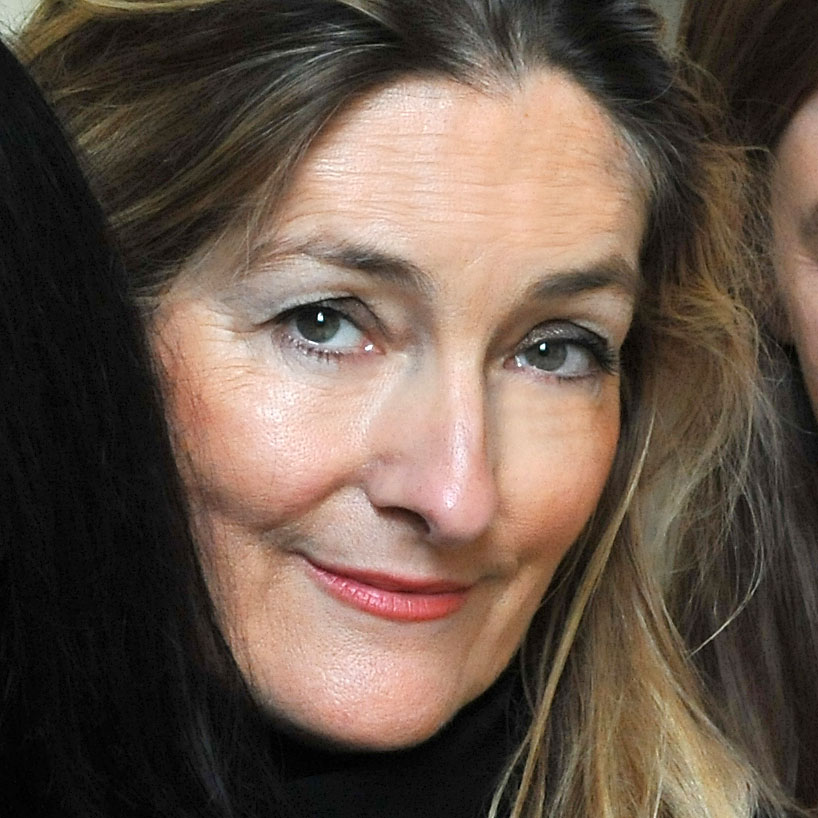
Caroline TARRIT
Mezzo-soprano
It was while taking part in the festival of d’Aix-en-Provence as a twenty year old dancer that Caroline Tarrit first became interested in singing. She began her studies in the early music department of the Toulouse Conservatory and then studied with Isabel Garcisanz (Paris XVIe) with whom she gained her Premier Prix in voice. She has worked both as a soloist and with the Musicatreize, Soli Tutti and Akademia ensembles in a varied repertoire that includes works by Bach, Mozart, Messiaen, Hersant, Escaich and Ohana. She has appeared as a soloist with La Fenice since 2004, performing Monteverdi’s Lettera amorosa and the role of Prosepina in L’Orfeo in particular.
One of the founding members of De Caelis, she takes a full part in all of the ensemble’s activities, both musical and interdisciplinary.
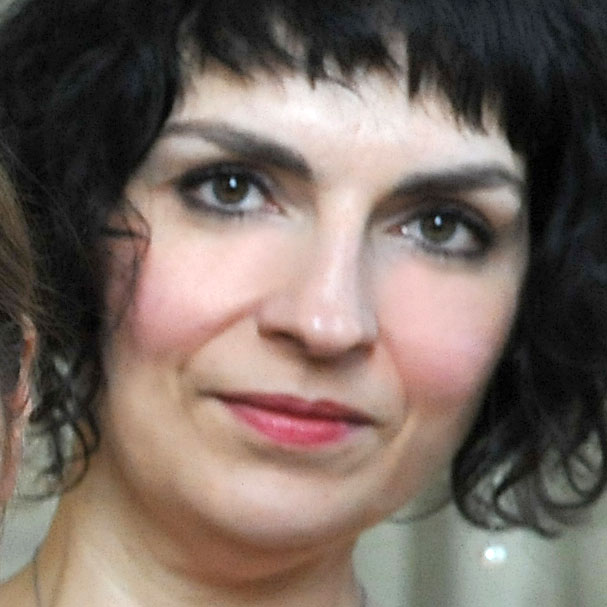
Marie-George MONET
Alto
Marie-George Monet studied voice with David Pollard at the Guildhall School in London after having first gained a degree in musicology in Tours. Roles she has performed on stage include Arnalta L’Incoronazione di Poppea, La messaggiera Orfeo and the Third Lady Die Zauberflöte. She is very much attracted to contemporary repertoire and regularly performs with Sequenza 9.3 and Musicatreize. She has given the first performances of the solo contralto role in Philippe Boesmans’ Yvonne, princesse de Bourgogne, the title role in Claire Renard’s Orimita and the role of Femme 3 in Oscar Strasnoy’s Slutchaï. She has sung with the Ensemble De Caelis since 2011.